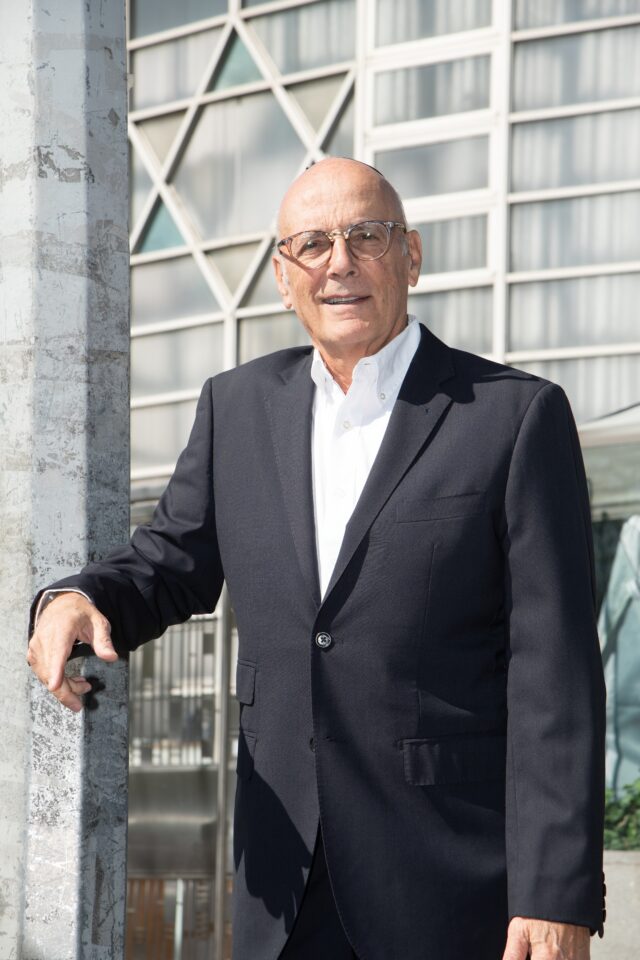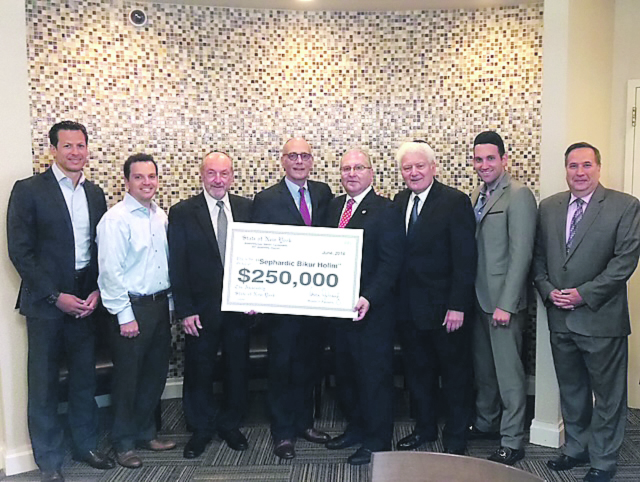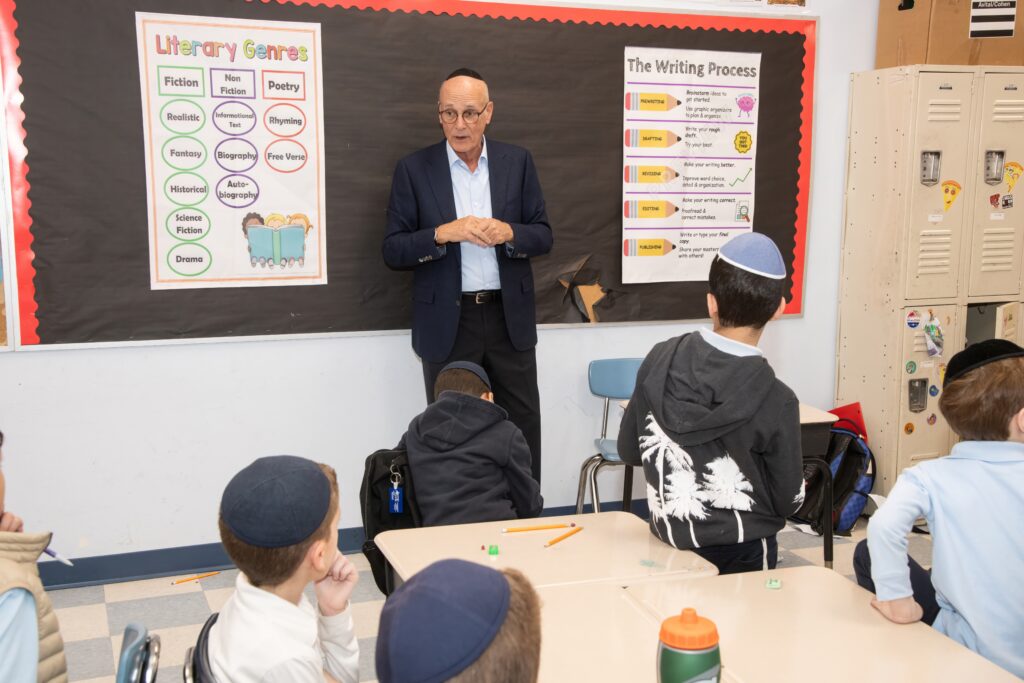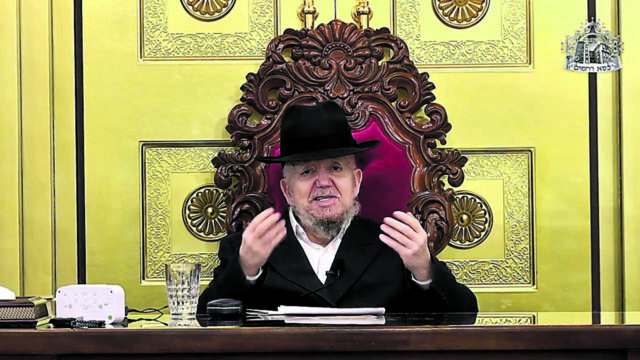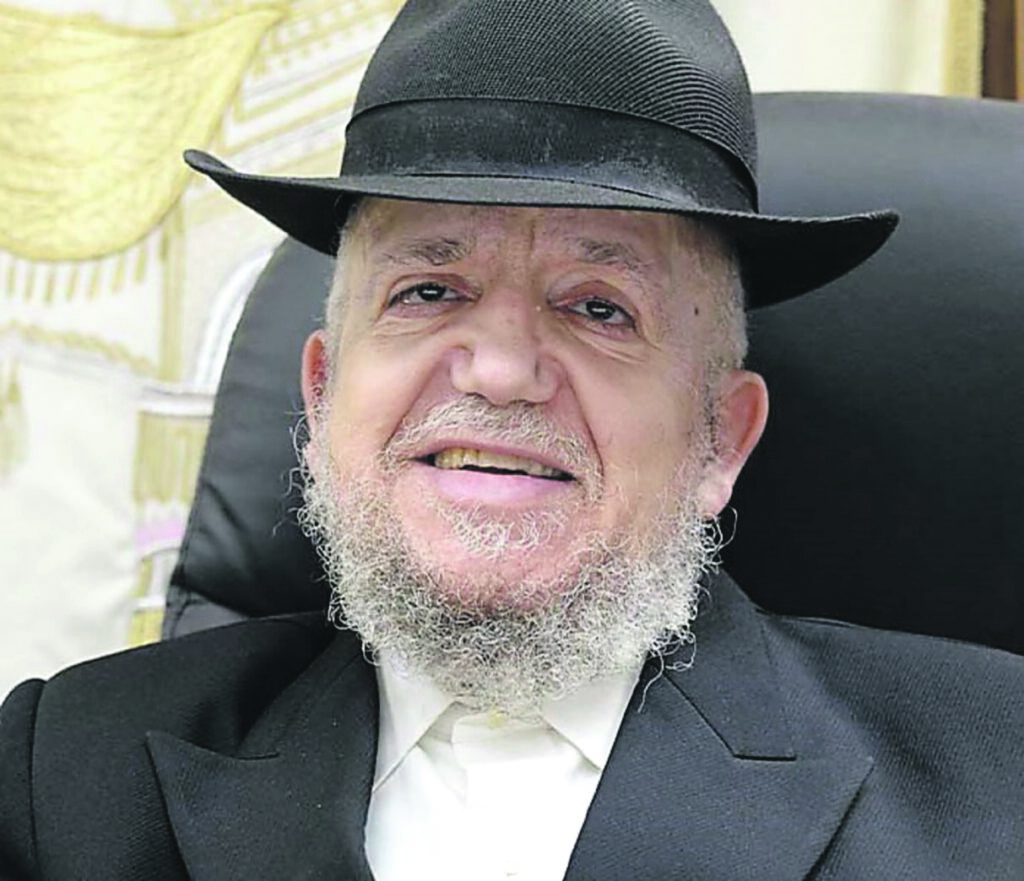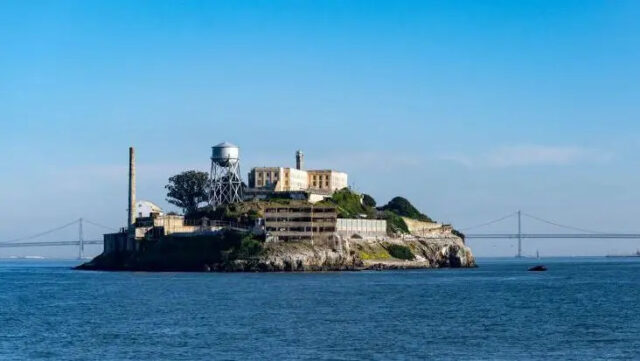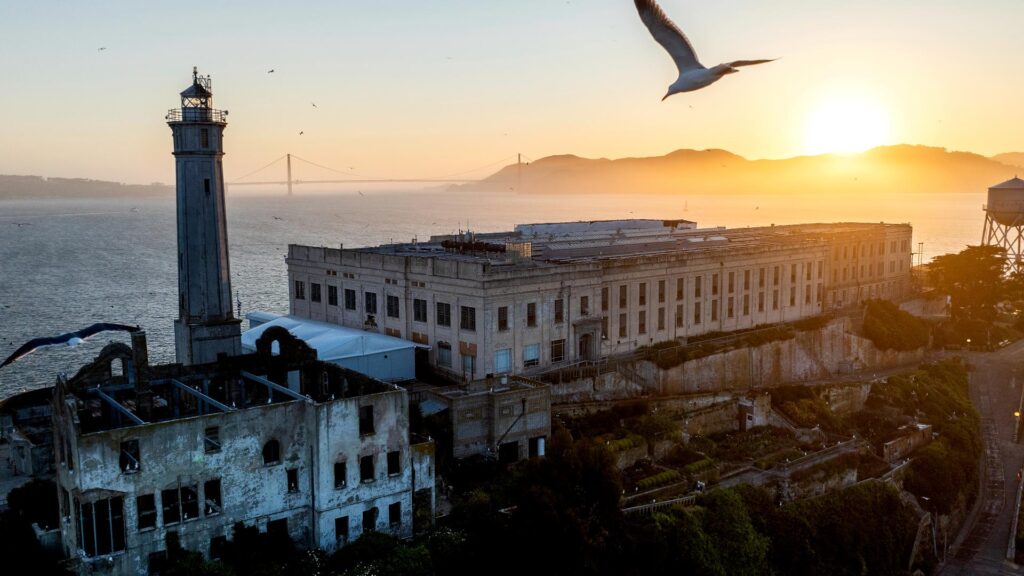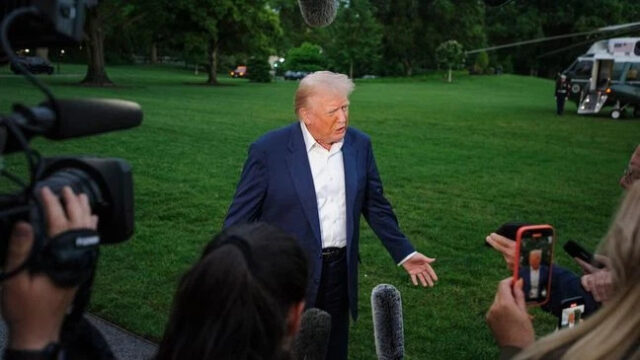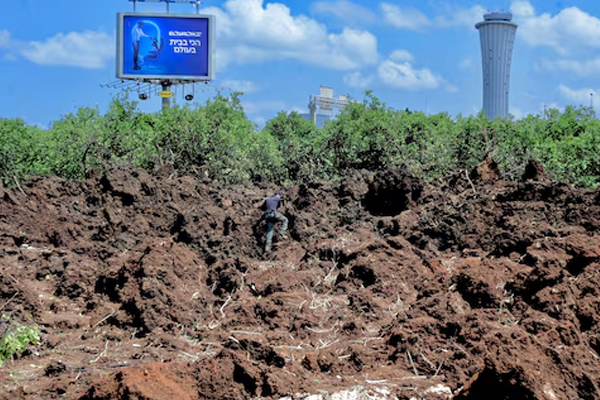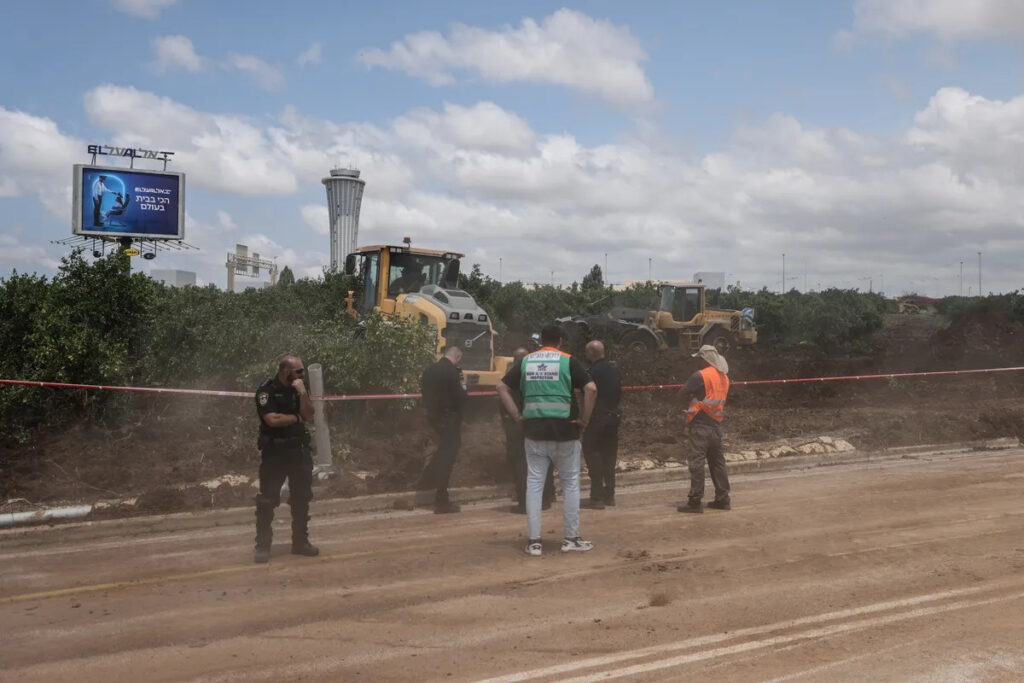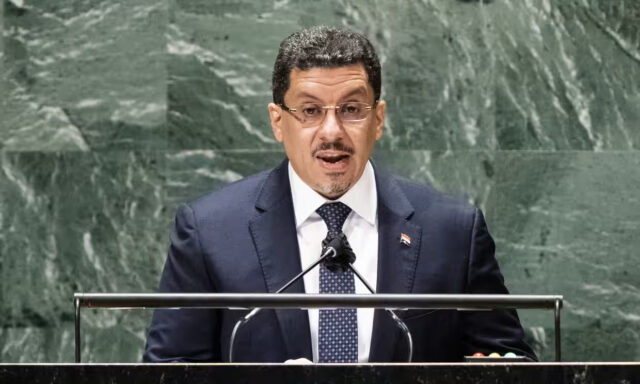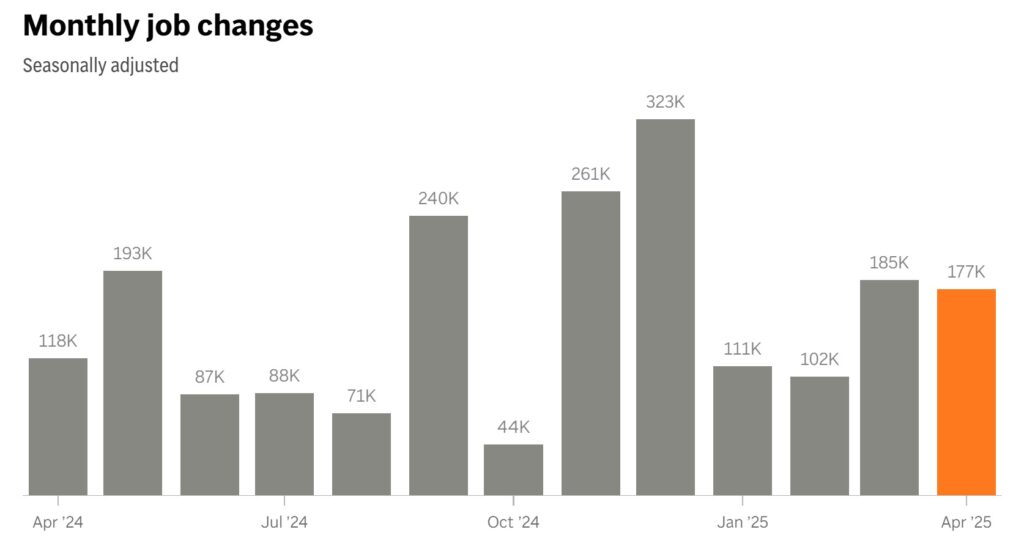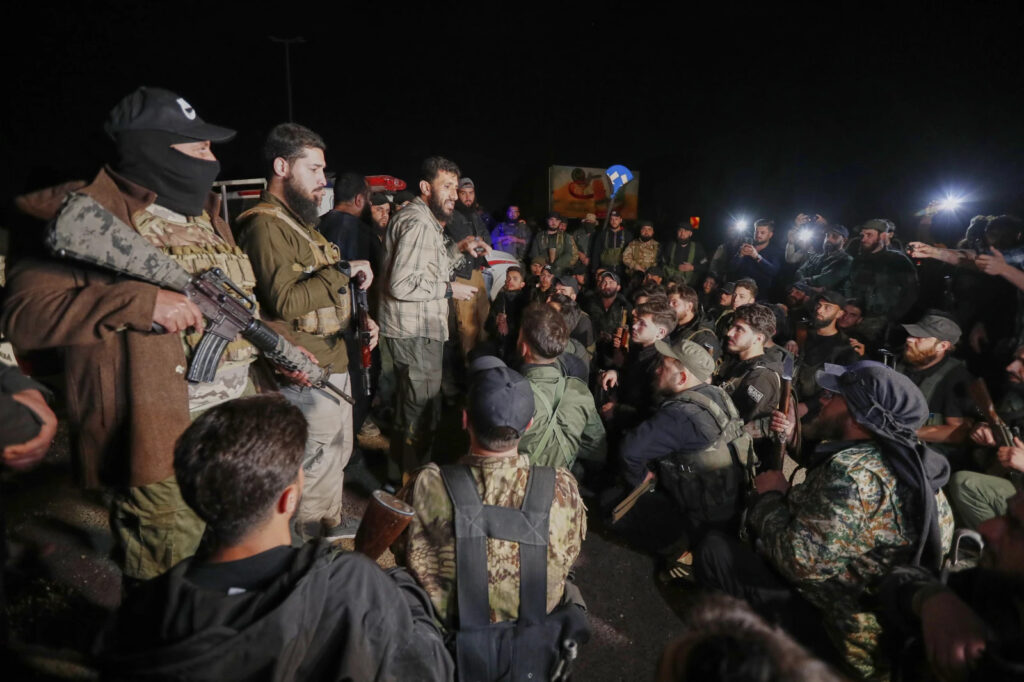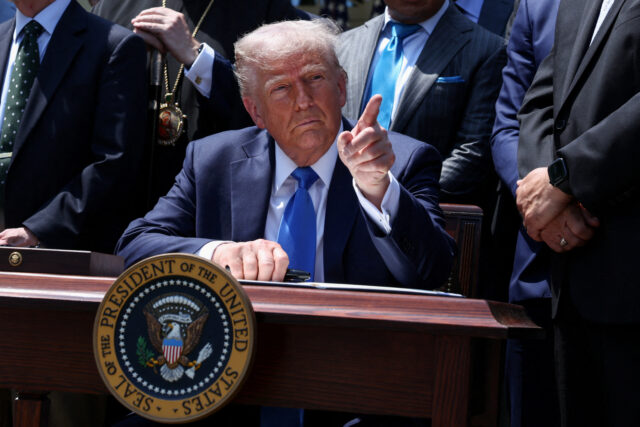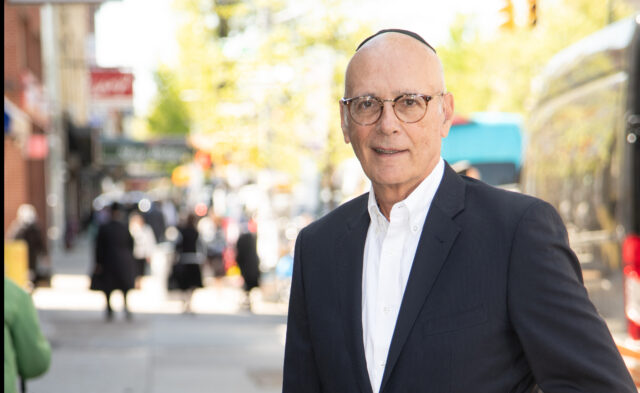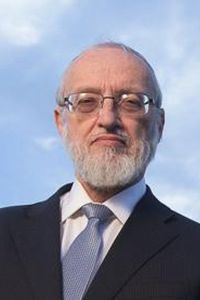Building Your Business Legacy
Strategies for Leadership, Succession, and Growth
Ari Baum, CFP®
EVERY BUSINESS BEGINS WITH A SPARK—AN IDEA, A DREAM, A NEED TO CREATE SOMETHING MEANINGFUL. BUT NOT EVERY BUSINESS BECOMES A LEGACY. A LEGACY IS SOMETHING THAT LASTS, SOMETHING THAT MATTERS BEYOND YOUR OWN SUCCESS. IT’S A BUSINESS THAT CAN THRIVE LONG AFTER YOU STEP ASIDE.
So how do you build something that stands the test of time? It takes more than good ideas and hard work. It takes clear leadership, smart planning, and a long-term vision for growth.
Before we talk about the next steps and future goals, it’s important to take a moment and think about what legacy means to you. Is it keeping your business in the family? Is it making a lasting impact in your industry or community? Once you define what success looks like years from now, you can begin to build toward it—with purpose and direction.

Lead with Vision and Values
The heart of every legacy business is strong leadership. But real leadership isn’t just about making decisions or hitting revenue goals. It’s about setting a clear vision and helping others believe in it too.
Leaders who build legacies are consistent. They show up with integrity, communicate clearly, and take responsibility for the business’s culture. They also know when to listen. Employees and customers alike want to feel seen, heard, and respected. When you lead with empathy and confidence, your team is more likely to stay, grow, and help the business thrive.
One key to leading with purpose is defining your business’s core values. These values should guide every part of the company—from hiring decisions to marketing campaigns to how you handle mistakes. Over time, these values become part of your brand identity and create a sense of trust and stability.
Build Smart Systems That Scale
A business that can’t run without you isn’t truly built to last. That’s why creating strong systems is a major part of building a legacy. From your sales process to how you onboard new employees, you want your business to function smoothly—even if you’re not there.
Document your key workflows. Automate what you can. Train your team regularly and give them the tools they need to succeed. When systems are in place, your business becomes more efficient and less vulnerable to change.
Think of systems like a solid foundation—they may not be flashy, but they’re what hold the whole structure up.
Grow with Intention
Many business owners think growth just means more money or more customers. But real growth is about expanding in ways that support your long-term goals.
That might mean growing your team slowly but thoughtfully. Or it could mean focusing on better service instead of bigger numbers. Legacy businesses are built with care, not chaos.
Always ask yourself: Will this growth help or hurt the heart of my business? Not all opportunities are the right fit. Smart growth is sustainable growth. It protects what you’ve built while allowing for meaningful expansion.
Prepare the Next Generation
One of the hardest parts of building a business legacy is planning for what happens when you’re ready to step away. Succession planning can feel uncomfortable—but it’s one of the most important steps you’ll ever take.
Start early. Whether you plan to pass the business to a family member, a trusted employee, or an outside buyer, the process takes time. You’ll need to train your successor, introduce them to key relationships, and slowly give them more responsibility.
A good succession plan also includes legal and financial elements. Talk to your lawyer and accountant about how ownership will transfer, and how taxes or liabilities will be handled. The smoother the transition, the more confidence your clients and team will have moving forward.
Protect What You’ve Built
As your business grows, so does your responsibility to protect it. That means putting safeguards in place—like insurance, cybersecurity, and updated legal documents.
But it also means protecting the spirit of your business. What do you want people to remember? What should never change, even as your business evolves? Writing down your company’s story, mission, and values helps preserve your original vision for future generations.
You may also consider setting up an advisory board or mentorship program, so future leaders have a support system in place to help them navigate big decisions.
A true business legacy isn’t built overnight—it’s built over years of thoughtful, consistent action. It’s about leading with vision, planning for the future, and growing in ways that reflect what matters most. When you invest in people, build strong systems, and think beyond yourself, your business can make a lasting impact for decades to come. q
The content is developed from sources believed to provide accurate information. Investing involves risk including the potential loss of principal. No investment strategy can guarantee a profit or protect against loss in periods of declining values. Past performance does not guarantee future results. Consult with a financial professional regarding your specific situation.
Ari Baum, CFP® is the Founder and CEO of Endurance Wealth Partners, with over 25 years of experience in the Financial Services industry. He brings his in-depth experience to Conceive. Believe. Achieve. for his clients. Securities and Advisory services offered through Prospera Financial Services Inc. Member FINRA/SIPC. Brokerage and Advisory accounts carried by Wells Fargo Clearing Services, LLC.


